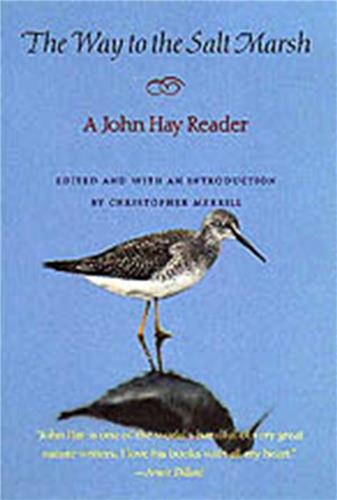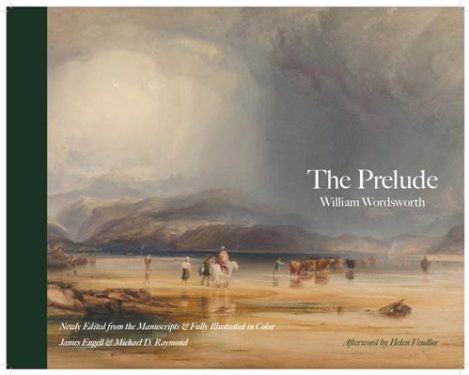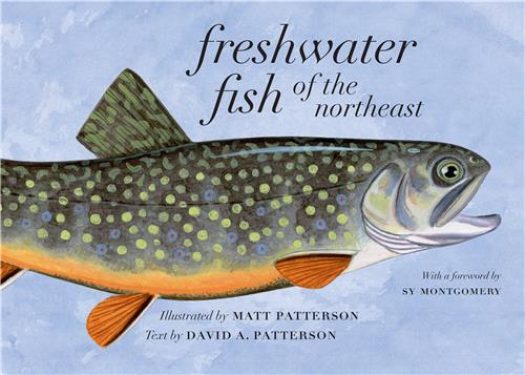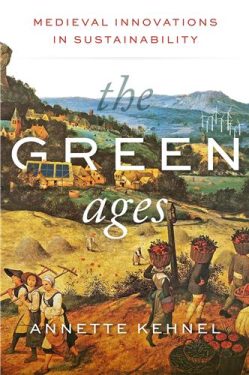John Hay is one of the rare writers of any genre into whose work you can dip anywhere and be immediately swept along by the narrative. One never tires of John Hay. His knowledge is broad and accurate, his reflections deep, and his reassuring prose style that of a master craftsman.









